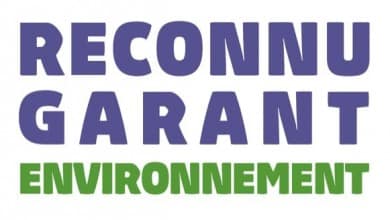
Formerly known as Grenelle Environment, this is a benchmark label awarded in recognition of studies and works dealing with the energy performance of buildings, and which is awarded by COFRAC, the French Accreditation Committee.
Some examples of these awards are RGE Eco-artisan, for energy efficiency of dwellings, RGE Certibat for global energy renovation work, RGE Qualibat for work on insulation, heating and the installation of renewable energy sources, including solar, wood-based and geothermal, RGE Qualifelec for electrical work and the installation of renewable energy systems, RGE QualiBois, QualiSol, QualiPV, Qualipac, RGE HQE for overall major renovation work and RGE Les Pros de la Performance Energétique, for energy efficiency.
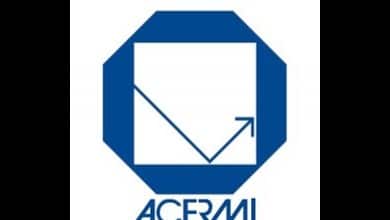
Acermi is the Association for Certification of Insulating Materials, and provides help for the individual or professional. It validates the factory and laboratory characteristics of thermal insulation, including its stability over time. It is a guarantee of quality and a reliable benchmark for the consumer.

This is an international forest certification label created in the early 1990s to help protect the world’s forests from being illegally exploited and endangered. The FSC label is awarded to wood products such as furniture and interior and exterior joinery materials taken from forests managed in accordance with ecological criteria and sustainable practices. It also takes into account the legal and customary rights of indigenous peoples to use and manage forests. It is supported by organisations such as the WWF, Greenpeace and Friends of the Earth.
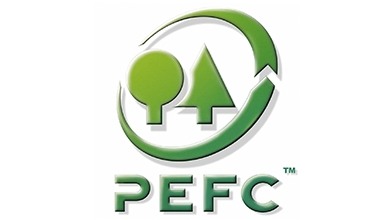
This forest management label was created in 1999 by forest owners in six European countries; France, Germany, Austria, Finland, Norway and Sweden. It guarantees that the wood comes from forests managed according to sustainable management criteria. This involves ensuring that some 200 million hectares of certified forests, of which one third are in France, are exploited responsibly and sustainably. This label is now open to 32 other member countries, including the USA, Canada and Brazil … Note that the social aspect is not recognised.

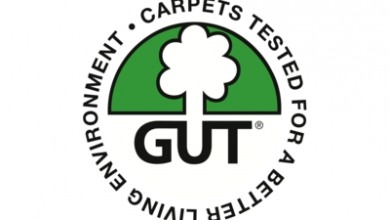
This certification label GUT originated in Germany in 1990, created by a European association of carpet manufacturers to guarantee the environmental and health quality of carpets and rugs. This involves the selective and economic use of raw materials, recycling of production waste, and the use either of adhesives with very low emissions or alternative binding systems. It’s a label offering real health guarantees and contributing to the reduction of indoor air pollution.
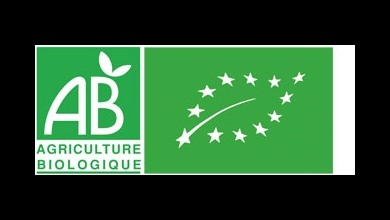
The official French organic Label AB is a collective certification mark, the voluntary use of which has belonged to the Ministry of Agriculture since about the 1960s. It identifies agricultural food and feed produced without the use of chemicals and with respect for the environment. It stipulates that these products should contain at least 95% of ingredients derived from organic farming. Genetically Modified Organisms (GMOs) are prohibited. In agricultural planting and cultivation, organic farmers must use alternative techniques to fight against pests, diseases and weeds. An example of this is choosing species and varieties which possess natural resistance and are adapted to the climate, practicing crop rotation and fighting predatory pests by organic means such as the use of ladybirds and flame weeding. In instances of clear and immediate danger to crops, naturally occurring insecticides may be allowed. In livestock breeding, animals must be supplied with feed that is more than 90% organic, have access to outdoor runs and enough space in which to live in as natural a way as possible. In the treatment of animals, AB certification focuses on prevention and gentle therapeutic methods. Among the European organic labels most represented in France are included the Eko (Dutch) and Biogarantie (Belgian) labels, the equivalents to this French organic label.
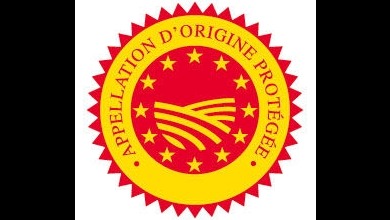
Created in 2009, this is the European equivalent of the French AOC label. The characteristics of the products covered by this label are essentially tied to the area of their origin. It assures the consumer regarding the product warranty, the region of origin, the reputation of a recognised traditional product, and that regular checks are carried out. To clarify the subject of labels for the public, since 2012 the products concerned must now bear only the PDO label. Only wines still carry the AOC label.
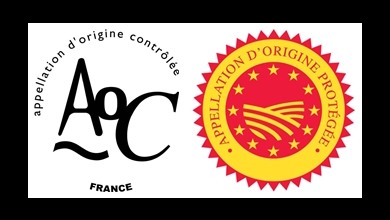
The AOC Label designates a product originating from a region or a specific place whose characteristics are essentially due to the geographical environment. It results from the combination of production and the concept of terroir, which can be expressed as the unique qualities imparted to produce by the soil, topography and climate of the place in which it is grown. The scope of this protection, originally designed to guarantee the origin of wine, was extended to all agricultural and food products (eg Isigny butter caramels, camembert from Normandy, Puy green lentils), as well as forest products and marine products. Production is subject to approval procedures regarding producers, the control of products and production conditions. Since January 1st, 2012, the European AOP label has been used on all products except for wines. The French AOC label is first required to obtain the AOP certification.
Examples: Salted butter caramels d’Isigny, Camembert de Normandie, Puy green lentils
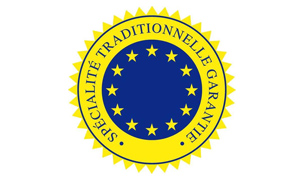
Originally created in 1992, this European Label TSG does not refer to a geographical origin but instead highlights the traditional methods used in the creation and processing of various classes of food products.
A validated STG may be introduced by any member of the European Union but must fully respect the specifications imposed.
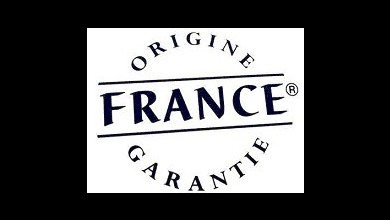
Created in 2010, this is the newest label, a guarantee of the French origin of various products
Examples include St Michel pottery and Cristel stainless steel cookware.

For this European label PGI, created in 1992, the criteria are that processing or production must be related to the geographical location. The two are not mandatory, but are recommended. Some examples are Guerande salt, Morteau sausage, and whole buckwheat flour from Brittany.